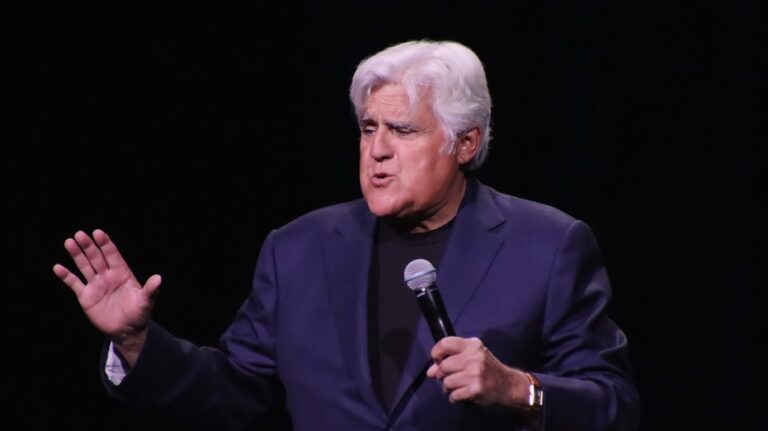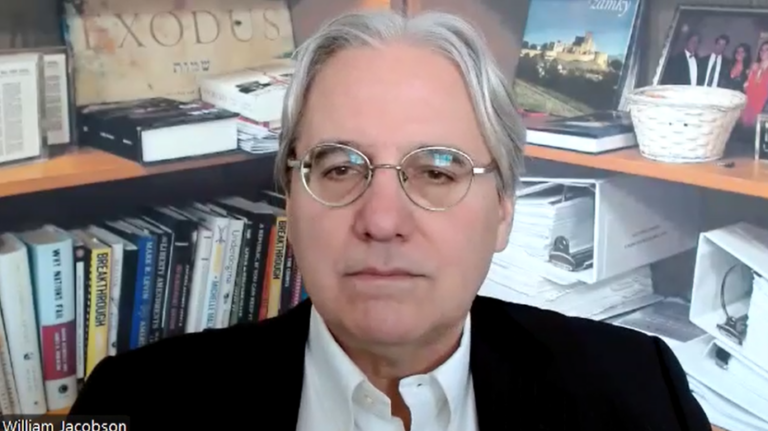
Wall Street’s largest banks simultaneously exited the same net-zero climate alliance that was probed by Republican lawmakers last year, announced just weeks before President-elect Donald Trump will be sworn into office.
Since 2021, banking giants have been prominent members of the Net-Zero Banking Alliance (NZBA), a global group of financial institutions “committed to financing ambitious climate action” to transition the economy to net-zero greenhouse gas emissions by 2050.
However, since December, six of the world’s largest banks, J.P. Morgan, Wells Fargo, Goldman Sachs, Morgan Stanley, Citigroup and Bank of America, have all separately announced their leaving the alliance, which encourages its member banks to additionally “design, set, and achieve” science-based, net-zero targets.
The banks said that they remain committed to emission reduction targets, but they will do so independently.
A POTENTIAL SECOND WITHDRAWAL FROM PARIS CLIMATE TREATY COULD LOOK DIFFERENT THAN FIRST US EXIT
“We will continue to work independently to advance the interests of our Firm, our shareholders and our clients and remain focused on pragmatic solutions to help further low-carbon technologies while advancing energy security,” a spokesperson for J.P. Morgan, the latest bank to withdraw from the alliance, said in a statement.
BlackRock, the world’s largest investment firm, also announced on Thursday it was separating from a major climate group, the Net Zero Asset Managers Initiative, which works with asset managers to attain net-zero emissions by 2050 or sooner.
The synchronicity of the exits comes just weeks before Trump, who is expected to break away from President Biden’s greenhouse gas emissions reduction target and potentially withdrawal from the Paris Climate Agreement, will assume the presidency.
“The sudden exodus of these big US banks out of the NZBA is a lily-livered effort to avoid criticism from Trump and his climate denialist cronies,” said Paddy McCully, a senior analyst at Reclaim Finance, the Guardian reported.
“A few years ago, when climate change was at the front of the political agenda, the banks were keen to boast of their commitments to act on climate,” McCully added. “Now that the political pendulum has swung in the other direction, suddenly acting on climate does not seem so important for the Wall Street lenders.”
The exits come nearly a year after a group of House Republicans launched a probe into the six banks over their involvement in the international alliance over claims it could impact the agriculture sector.
Wall Street’s largest banks simultaneously exited the same net-zero climate alliance that was probed by Republican lawmakers last year, announced just weeks before President-elect Donald Trump will be sworn into office.
Since 2021, banking giants have been prominent members of the Net-Zero Banking Alliance (NZBA), a global group of financial institutions “committed to financing ambitious climate action” to transition the economy to net-zero greenhouse gas emissions by 2050.
However, since December, six of the world’s largest banks, J.P. Morgan, Wells Fargo, Goldman Sachs, Morgan Stanley, Citigroup and Bank of America, have all separately announced their leaving the alliance, which encourages its member banks to additionally “design, set, and achieve” science-based, net-zero targets.
The banks said that they remain committed to emission reduction targets, but they will do so independently.
A POTENTIAL SECOND WITHDRAWAL FROM PARIS CLIMATE TREATY COULD LOOK DIFFERENT THAN FIRST US EXIT
“We will continue to work independently to advance the interests of our Firm, our shareholders and our clients and remain focused on pragmatic solutions to help further low-carbon technologies while advancing energy security,” a spokesperson for J.P. Morgan, the latest bank to withdraw from the alliance, said in a statement.
BlackRock, the world’s largest investment firm, also announced on Thursday it was separating from a major climate group, the Net Zero Asset Managers Initiative, which works with asset managers to attain net-zero emissions by 2050 or sooner.
The synchronicity of the exits comes just weeks before Trump, who is expected to break away from President Biden’s greenhouse gas emissions reduction target and potentially withdrawal from the Paris Climate Agreement, will assume the presidency.
“The sudden exodus of these big US banks out of the NZBA is a lily-livered effort to avoid criticism from Trump and his climate denialist cronies,” said Paddy McCully, a senior analyst at Reclaim Finance, the Guardian reported.
“A few years ago, when climate change was at the front of the political agenda, the banks were keen to boast of their commitments to act on climate,” McCully added. “Now that the political pendulum has swung in the other direction, suddenly acting on climate does not seem so important for the Wall Street lenders.”
The exits come nearly a year after a group of House Republicans launched a probe into the six banks over their involvement in the international alliance over claims it could impact the agriculture sector.






